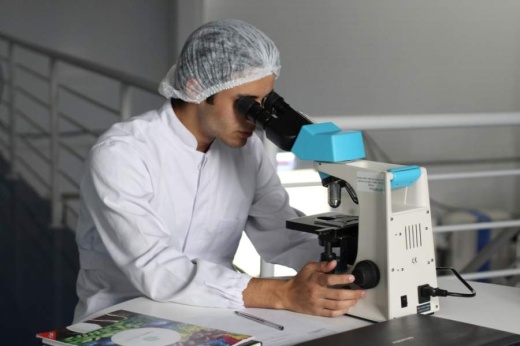The research hospital is recruiting for a clinical trial of the vaccine, Bacille Calmette-Guerin, or BCG, one of the oldest vaccines still in use that is known to prevent tuberculosis.
“Epidemiological studies show that if you’re BCG-vaccinated, you have a decreased rate of other infections,” said Dr. Andrew DiNardo, assistant professor of medicine—infectious diseases at Baylor in the news release.
The BCG vaccine has proven to help with an immune response to yellow fever and influenza, and according to DiNardo, it could show 30%-50% improvement in immune response against a pathogen like SARS-CoV-2.
However, an April 12 scientific brief from the World Health Organization disputes this.
“There is no evidence that the Bacille Calmette-Guérin vaccine (BCG) protects people against infection with COVID-19 virus,” WHO wrote in the brief. “There is experimental evidence from both animal and human studies that the BCG vaccine has nonspecific effects on the immune system. These effects have not been well-characterized, and their clinical relevance is unknown.”
In the clinical trial, Baylor researchers will test the immune response in a trial involving health care workers who treat COVID-19 patients, partnering with researchers at Texas A&M University, the University of Texas MD Anderson Cancer Center, Cedars-Sinai Medical Center in Los Angeles and Harvard University.
Participants will receive either the BCG vaccine or a placebo and will report progress through a questionnaire on a smartphone every few days for a six-month period, according to the release. The vaccine should not be considered a definitive prevention for COVID-19, DiNardo said in the release, but he expressed optimism that the vaccine could work as a stopgap measure.
“It is a very well-known and safe vaccine available now that might be able to work as a buffer until a COVID-19 vaccine is developed, which could take 18 months,” DiNardo said in the release. “When a COVID-19 vaccine comes out, the BCG vaccine should be tested with it to see if it improves the efficacy.”





